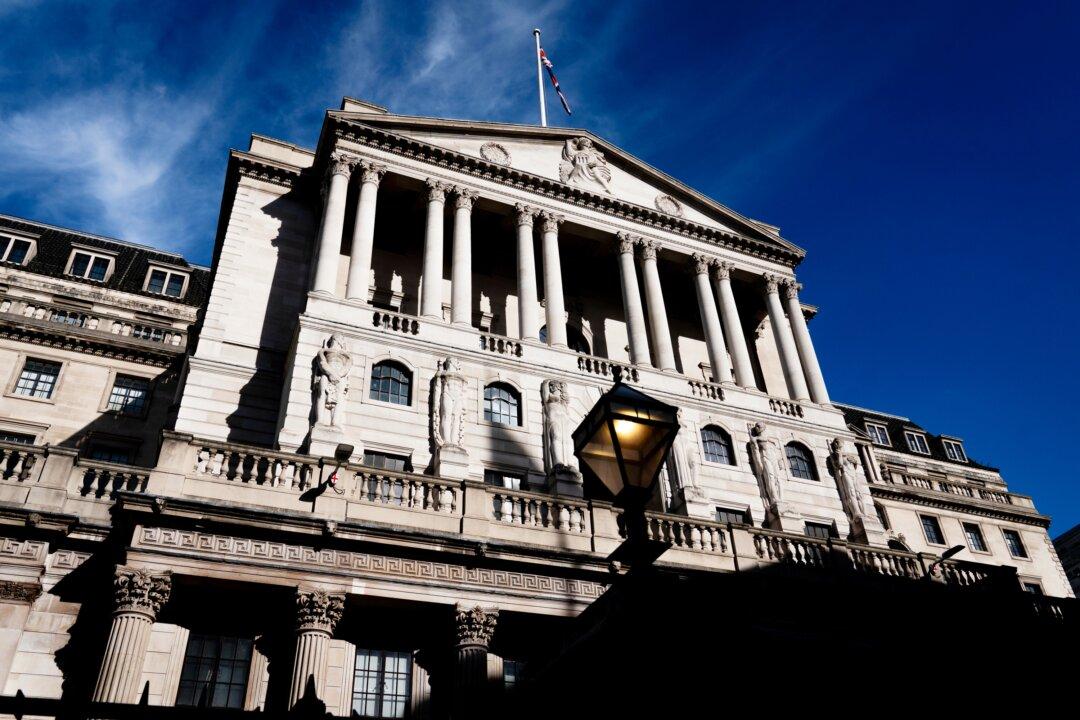The interest rate has been left unchanged by the Bank of England (BoE) for the third time in a row, maintaining the 15-year high of 5.25 percent.
The central bank has increased the rate in 14 consecutive meetings until it reached a peak in the summer. On Thursday, the BoE’s Monetary Policy Committee (MPC) voted by a majority of 6–3 to maintain the rate at 5.25 percent.





